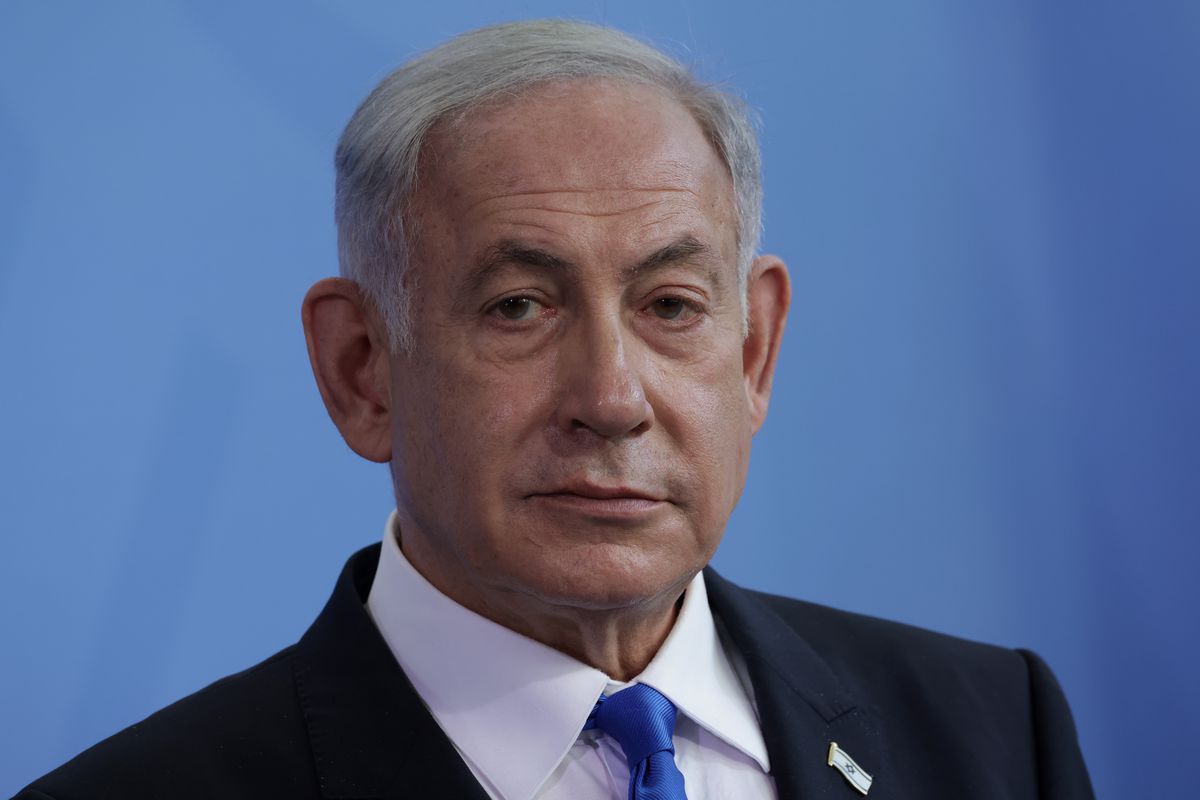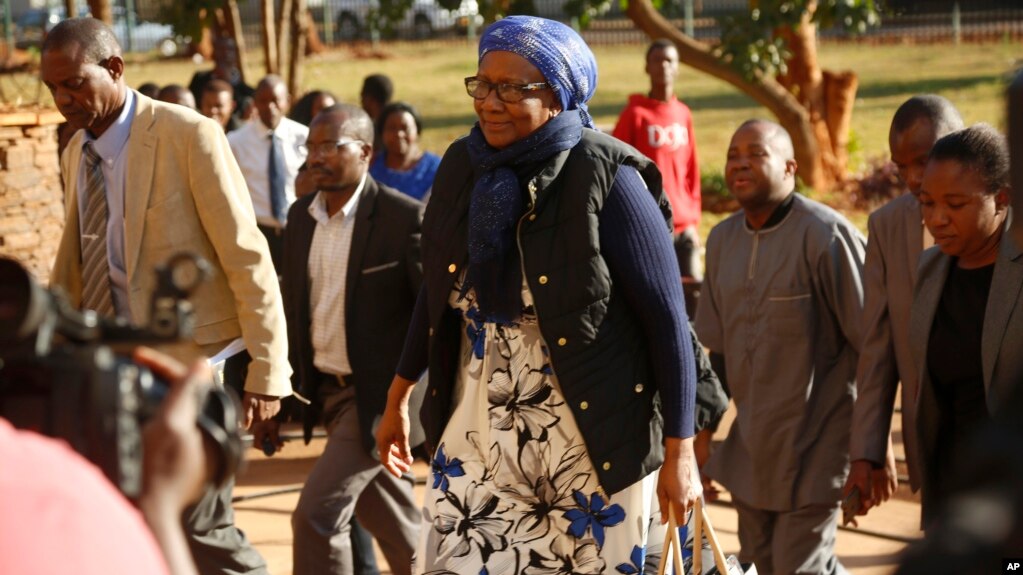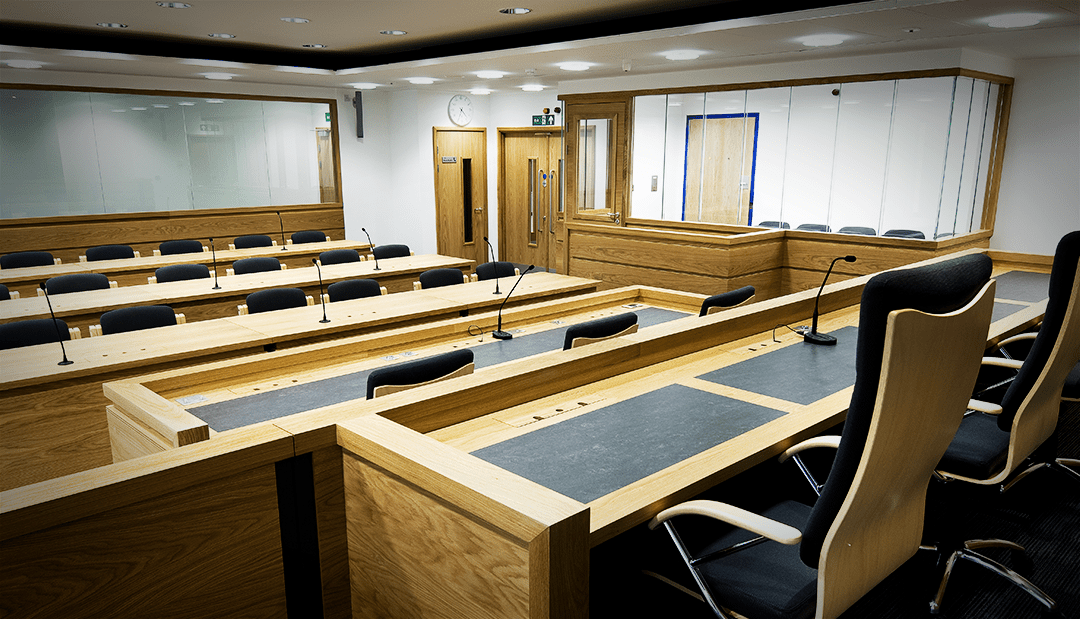THE HAGUE, Netherlands – The UN’s top court, the International Court of Justice (ICJ), has issued a dramatic ruling, ordering Israel to “immediately halt its military offensive in Rafah”.
It acted in support of a South African application last week which sought a number of measures against Israel, accusing it of stepping up what it says is a genocide.
Israel has vehemently denied the allegation and signalled it would ignore any order to halt its operation.
Government spokesperson David Mencer told the BBC: “There is no power in the world that will push us to commit a public suicide, because that’s what this is, to stop our war against Hamas.”
A Hamas spokesman said: “We welcome the decision of the International Court of Justice, which demands that the brutal Zionist entity [Israel] stop its aggression” in Rafah.
Reading the court’s ruling on Friday, presiding judge Nawaz Salam said that “Israel must immediately halt its military offensive, and any other action in the Rafah Governorate” which could bring about “the physical destruction” of the Palestinians – alluding to what constitutes genocide under international law.
Israel, he added, must also allow unimpeded access to Gaza to any UN body investigating allegations of genocide.
The ruling also reiterated a requirement for Israel to enable “unhindered provision at scale” of basic services and humanitarian aid for Gaza.
“The humanitarian situation [in Gaza] is now to be characterised as disastrous,” the ruling said.
Aid agencies and the UN say insufficient amounts of aid are reaching people in Gaza, which they say is facing famine.
The UN suspended food distribution in Rafah on Tuesday because of the perilous situation there. Israel says it has made “extensive efforts” to ensure that humanitarian aid is “flowing into Gaza”.
Judge Salam also said that the court found it “deeply troubling” that Israeli hostages were still being held by Hamas and other armed groups in Gaza, and called for “their immediate and unconditional release”.
Israeli opposition leader Yair Lapid criticised the ruling, calling it an “abject moral failure” that the ICJ did not connect their bombardment of Rafah to the release of the hostages.
He said Israel was forced to defend itself, adding: “There is no country in the world which wouldn’t defend itself against an attack like that.”
Minutes after the ruling was delivered, Israel warplanes carried out a series of air strikes on the Shaboura camp in the centre of Rafah.
A local activist at nearby Kuwait Hospital told the BBC that rescue teams in the hospital were unable to reach the site of the raids due to their intensity.
Israel began a long-anticipated offensive in Rafah about three weeks ago, vowing to destroy the remaining Hamas battalions there. It says it believes Israeli hostages are also being held in the town.
The UN says more than 800,000 Palestinians have fled from Rafah since the offensive began. About 1.5 million had been sheltering there from the fighting elsewhere in Gaza.
The hearing is part of a case brought by South Africa to the ICJ in December, claiming Israel was committing genocide in Gaza. That case is ongoing.
















